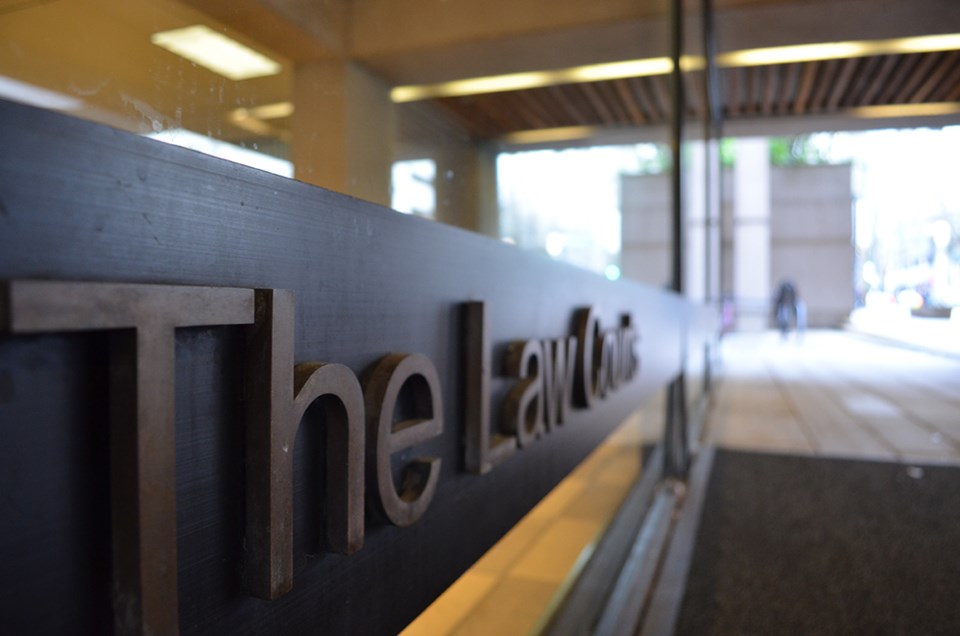A lawsuit filed by two B.C. Indigenous women alleges decades of neglect of generations of the province’s children taken into provincial care.
The suit, filed as a potential class action in B.C. Supreme Court by Catherine Stubbington and Rena Knight, said infants in care have a basic right to be fed, clothed and nurtured according to community standards.
The notice of civil claim, filed Dec. 12, also said Indigenous children in care have rights to have their cultural heritage and identity sustained and promoted.
“Generations of infants in care have been deprived of the basic rights of childhood by the defendants through systemic negligence, indifferent and isolated acts of corruption,” said the court documents filed by lawyer Scott Stanley.
The impact on the children, the claim said, has been exposure to “adverse childhood experiences which has resulted in physical, sexual, social, emotional, psychological and psychiatric harm.”
The case
Named as defendants in the claim are the provincial director of child welfare and the Ministry of Children and Family Development.
The ministry said it couldn’t comment on the case as it is before the courts.
The proposed class of people for the case covers all residents of B.C. in care of the defendants as defined by the , who sustained harm from childhood rights not being met from August 1974 to the date of the class action’s certification by the court as a class lawsuit.
The claim alleges the defendants allowed a culture to exist that normalized failure to meet minimum standards of care as well as indifference to those rights.
It further alleges inadequate support, training and supervision of social workers and others.
The court documents state the defendants failed to adequately select, screen, educate train, monitor, review and audit foster parents to ensue they were providing for the rights of the children.
It also alleges the defendants failed to review and audit social workers or others engaged in “isolated acts of corruption and misappropriate (sic) monies intended to provide the basic rights of childhood to infants in care.”
The suit suggests the children were exposed to unsafe and unstable living environments; physical abuse; corporal punishment; sexual, psychological, mental and emotional abuse; drug use, criminal activity, inadequate food, clothing, shelter, food and medical help; and inadequate support to help them get to Grade 12.
The suit seeks damages and declarations the children’s needs were not met.
Government response
In a Jan. 9 statement to Glacier Media, the ministry said it has been working with partners to shift child-welfare practices to keep more children and youth out of care and safely within their families and communities.
“We changed provincial child welfare legislation in 2019 to focus on better supporting Indigenous families to safely stay together, while strengthening supports and services for youth in care and young adults transitioning from care,” the statement said. “We’ve ended the practice of issuing birth alerts and changed the way we work with and support vulnerable expectant parents.”
Starting in 2018, the ministry said it boosted the monthly rate given to extended family members caring for young relatives to help cover the costs for children in their care.
This past October, legislative amendments were made to respect the inherent rights of Indigenous communities to provide their own child and family services and focus on prevention and keeping Indigenous children safely connected to their cultures and their communities, the ministry said.
“We're committed to continuing work to support children and families in B.C. and will be working with families and communities to make sure that the system we build together is supportive and responsive to the immediate and long-term needs of children and families in B.C.,” the statement said.
A class-action claim must first go through a certification process where the plaintiffs and defence present arguments why or why not the case should proceed as a class action.
If a judge finds merit in it proceeding as a class action, it then proceeds to a trial.
None of the allegations have been proven in court.


